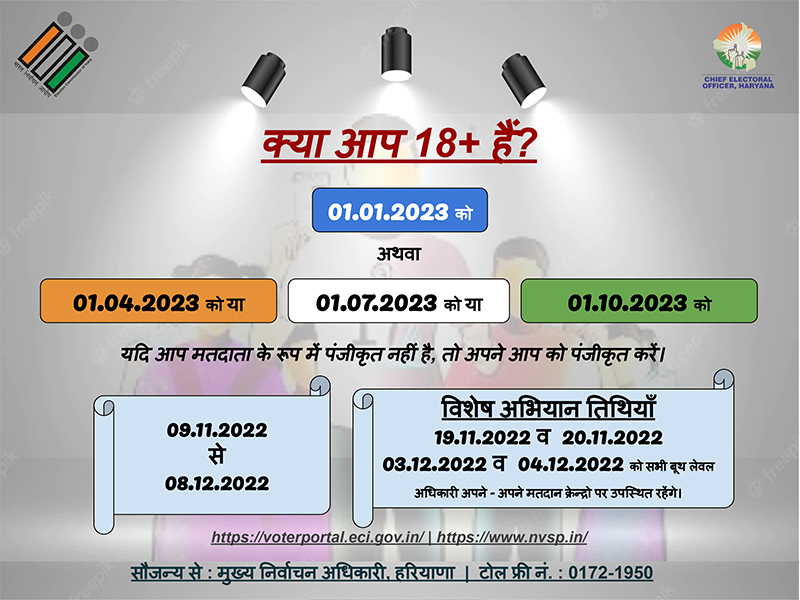Simulated Teaching Enabled Programmes
Highlights of the programmes at MRU
- Semester system with Choice Based Credit System (CBCS):
- Learn at one’s own pace: Flexibility to register for lesser or higher number of credits
- Learners’ choice of courses: Flexibility to pick and choose courses from different areas
- Holistic Development: Development of a person’s emotional, social, ethical and creative potential through soft courses
- Multidisciplinary approach: Small core and large elective basket. Flexibility to choose electives from other departments like Engineering, Management, Humanities, Sciences and Social Sciences.
- Global Graduate Attributes: Programme design and delivery ensures development of Global Attributes (GAs)
- Learning by Doing: Lab component with all courses, specialized workshops/projects with every semester
- Emerging/Futuristic courses: Students’ exposure to emerging technologies/sciences
- Environmental & Sustainable Development: Key components of all programmes
- Research & Development: Early exposure to Research field.
PROGRAMME STRUCTURE
The university programme curriculum and delivery is designed to ensure development of Global Graduate Attributes as defined by International Professional Societies of the concerned areas. The courses in a Programme can be categorized on the basis of Course Type and Course Nature.
COURSE TYPE
- Core courses: Group of courses specifically required for a given programme of study. These are compulsory for a student and no exemption is granted.
- Elective courses: Group of courses in a programme where the student has the flexibility of choosing courses of his choice and interest. Electives to be offered in a department are subject to availability of expert faculty and enrollment of a specified minimum number of students in an elective.
COURSE NATURE
- Hard course (L-T(optional) -P and/or O): These courses are for development of hard skills
- Soft course (L-P and/or O): Courses leading to the development of a person’s emotional, social, ethical, professional and creative potentials.
- Workshop (P): Courses conducted in the workshop mode to impart practical skills to the students on upcoming tools and technologies.
- Non-teaching credit course (O): These courses may include seminars/ projects/ presentations etc. to imbibe self learning ability in the students.
- Outcome Based Course (O): Conducted in contact mode these courses are specifically targetted at identified outcomes.
COURSE COMPONENTS
- Lecture (L)
- Tutorial (T)
- Practical (P)
- Outcome (O)
LEARNING ENVIRONMENT AT MANAV RACHNA UNIVERSITY
MRU provides its graduates a conducive environment which lays stress on developing global attributes. Some of the highlights of the learning environment at MRU are:
- Outcome Based: What can I do?
- Learning by Doing: Compulsory summer trainings every year on latest technologies. Workshops an intricate part of the programmes and all courses supported with Lab component.
- Self Learning& Exploring: Through theoretical and experimental methods.
- Research and Innovate: Propose an idea and get funding to shape it, present the innovations in best international and national competitions.
- Multidisciplinary: Multidisciplinary electives and Innovative project development with multidisciplinary teams.
- Collaborate and Develop Linkages: Share and grow with international and national technical communities through Chapters of International professional bodies like IEEE, SAE, ASME etc.
- Comfort in Virtual World: Simulate & build prototypes in Virtual labs; using modern software.
ENHANCEMENT PROGRAMMES (EEPs)
MRU works towards enhancing the employability of its students. This requires educating students to embody holistic knowledge, inspire critical & innovative thinking, possess dynamic, verbal as well as written communication skills, and thereby make them Global Citizens. Employability Enhancement is supported through various programmes:
Employment Enhancement Programme: Parent Departments in collaboration with Career Development Centre (CDC) conduct trainings for the students with an objective of enhancing domain and soft skills of the students leading to enhanced employability prospects of MRU Graduates. The activities currently being performed are:
- Coaching and Mentoring: Training on Personality Development, Business English, Business Communication and Aptitude Development.
- Employability Augmentation: Conducting Employability Assessments recognized by a wide range of corporate houses.
- Professional Enhancements: Making students participate in activities like Six Sigma, Lean Management, Process Improvement Courses etc. to help them add professional qualifications to their Curriculum vitae.
- Employability Related Events: Improving the Group Discussion Skills of students.
Summer Training: Students at MRU undergo mandatory summer training with a view to expose them to the real world situations where they could apply their learning and sharpen their technical expertise. This process enhances their employability. Summer training imparts education beyond the curricula and augments the class room teaching through:
- instructional cum research based laboratory work,
- project based learning,
- intense industrial exposure, and
- hands-on experience on design and fabrication of general products and machine components.
Open access to labs; involvement of students in faculty research and development projects; developing design skills using latest software; has certainly given an edge to the students of MRU.



